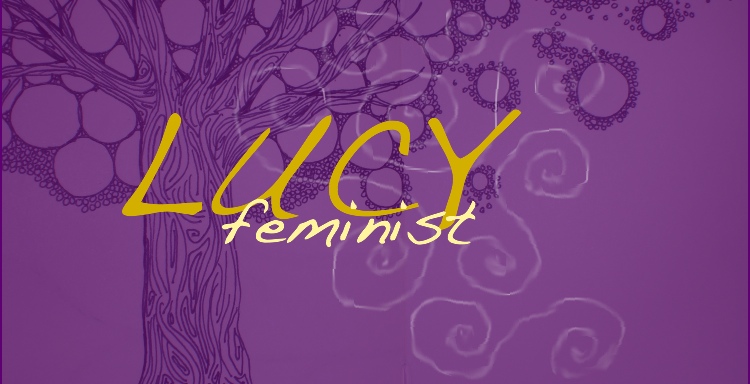Pro-Life groups in Florida are working to get an amendment on the ballot that would alter the state's constitution to state "the beginning of biological development" as personhood. The effort is headed by Pat McEwan, a leader at the Personhood Florida group; the amendment also has the support of the American Life League.
From the Central Florida Future:
“Florida’s constitution gives rights to persons, but it doesn’t say who a person is,” McEwen said. “We like to say [the amendment] is pro-life. It gives rights to all sorts of people.”
According to McEwen, the group wants to be able to have the amendment placed on the ballot in 2010.
To do so, they would need to collect 678, 811 signatures by Feb. 1. If placed on the ballot, the group would then have to gain 60 percent of the vote to become constitutional law, McEwen said.
“Just by saying that unborn babies, disabled people, African-Americans, everybody has rights as a person, it will start changing the minds of people,” she said. “We understand you can’t legislate morality.”
According to the amendment, the words “person” and “natural person” apply to all human beings, irrespective of age, race, health, function, condition of physical and/or mental dependency and/or disability, or method of reproduction, from the beginning of the biological development of that human being.
It is the wording of the amendment that has critics opposing not only its legality, but its intentions as well.
The problem lies with the line “the beginning of biological development,” which McEwen defines as the moment the sperm and the egg meet.
It could lead to the banning of most forms of female contraception, specifically birth control.
I am always fascinated by repeated attempts by exclusive groups to try to use legislation and policy, originally intended to ensure individual rights, to restrict the rights of those whose decisions they disagree with. Previous attempts at similar ballot initiatives and policy changes in other states have been distinctly unsuccessful, and were they to be successful they would be in direct violation of Roe v. Wade.
I also have to offer for thought how such legislation, defining personhood so specifically, would affect further civil rights issues like gay marriage and immigration reform. If "a person is a person, no matter how small" we must then face the issue of dealing with children, infants, and fetuses conceived in the US by illegal immigrants (if you're a person and you are 'born' in this country you are a citizen..will we be changing that to say conceived if we perceive unborn persons to have the same rights as born persons?). We would have to get into the fiery debate pit about denying any civil rights to any person for any reason other than lack of personhood or citizenship. Gay marriage? The rights of the disabled?
Personhood legislation, as I understand it (being of the pro-choice persuasion) is intended to ensure that every legitimate person is recognized as such and thus treated as an autonomous being. That's actually an idea that I can get behind, principally. But the problem is that the effort behind this legislation is to subsequently restrict the rights of women (autonomous beings in and of themselves) to make decisions that affect their bodies and their health. It's a uniquely woman-oriented issue in that ultimately no man who is refused the right to condoms or spermicide is going to find his body overtaken by the results of that decision for 9 months, with additional medical bills, long-term physical effects, potential loss of control over the direction and success of his career, the disrespectful invasion of personal space by anyone who feels entitled to touch a pregnant belly or empart their personal diatribe on proper parenting/child rearing decisions, and the monetary and emotional expenses that go with the decision to keep or not keep a child.
This sort of effort may seem like the elusive pot of gold for pro-lifers, but it seems more like a can of worms to me. That isn't to say that I wouldn't be happy to engage in these debates about personhood and civil rights, but I hope that our route to those serious discussions isn't through this sort of personhood legislation. I'll be interested to see where this goes in Florida.

